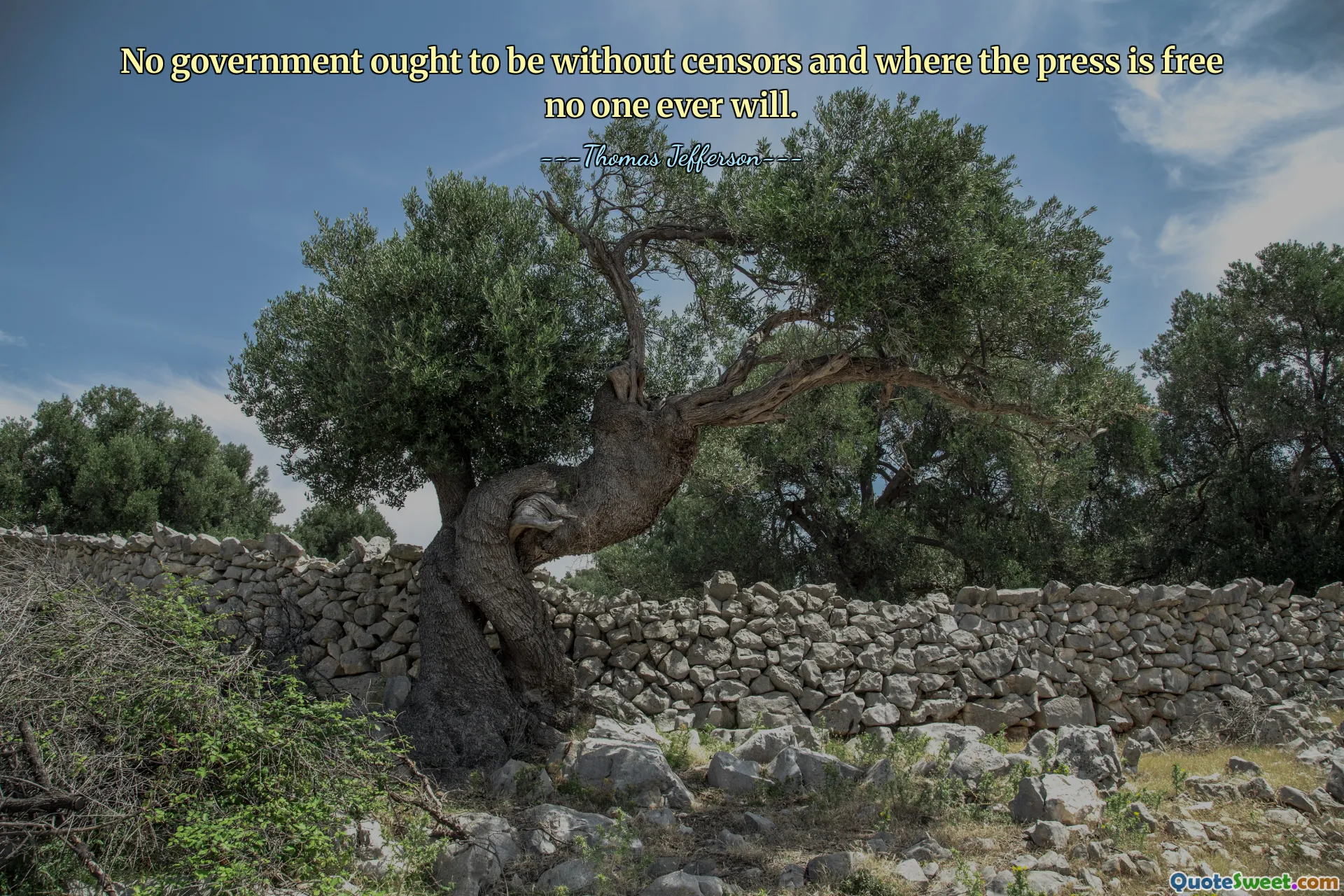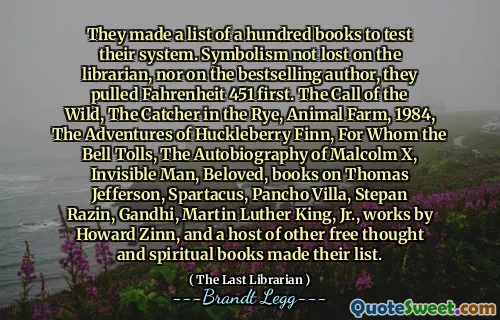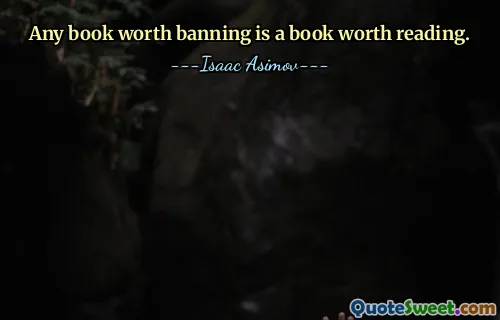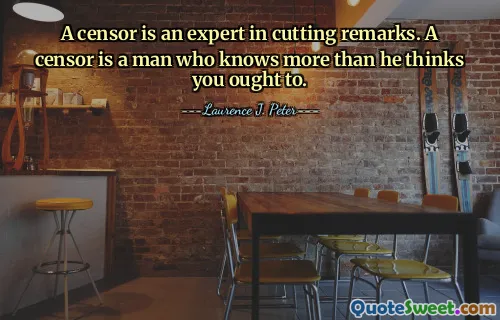
No government ought to be without censors and where the press is free no one ever will.
Thomas Jefferson's assertion underscores the complex relationship between censorship and freedom of the press. On the surface, it appears paradoxical: advocating for censorship in a context where freedom of the press exists might seem contradictory. However, Jefferson hints at the idea that a certain level of oversight or control can serve to protect the integrity of information and prevent malicious or false content from undermining societal stability. The tension between freedom and regulation remains relevant today, as societies grapple with how to balance the right to free expression with the need to maintain order, safety, and truth. Jefferson's perspective suggests that absolute freedom without any checks could lead to chaos or misinformation, which eventually hampers the very liberties such freedoms aim to promote. It's worth considering, however, what kind of censorship is acceptable and who determines these boundaries. Rights and restrictions are often intertwined, and what one perceives as protection, others might view as suppression. Overall, Jefferson's quote invites reflection on the delicate balance necessary to sustain a free yet responsible press—one that informs, educates, and upholds the best interests of society without descending into unchecked censorship or unchecked liberty that damages the societal fabric.








